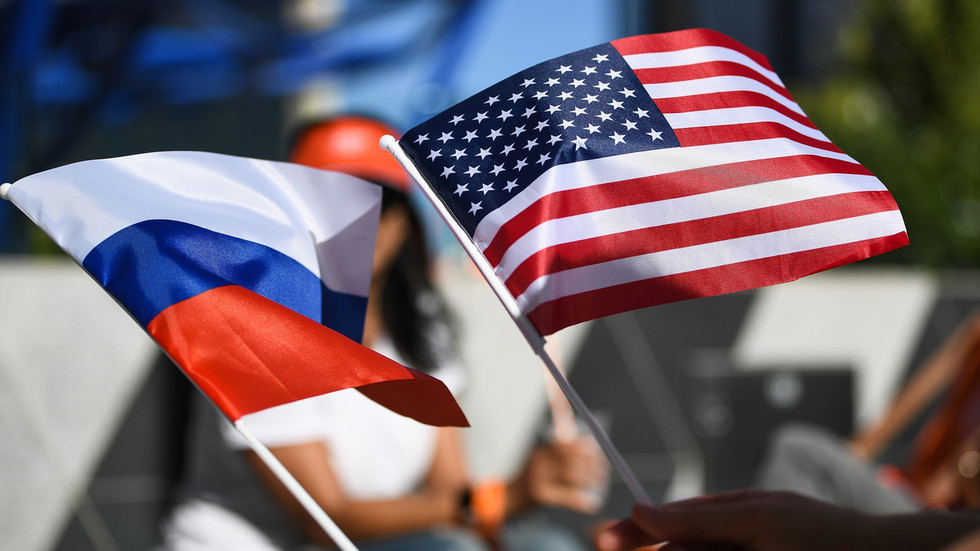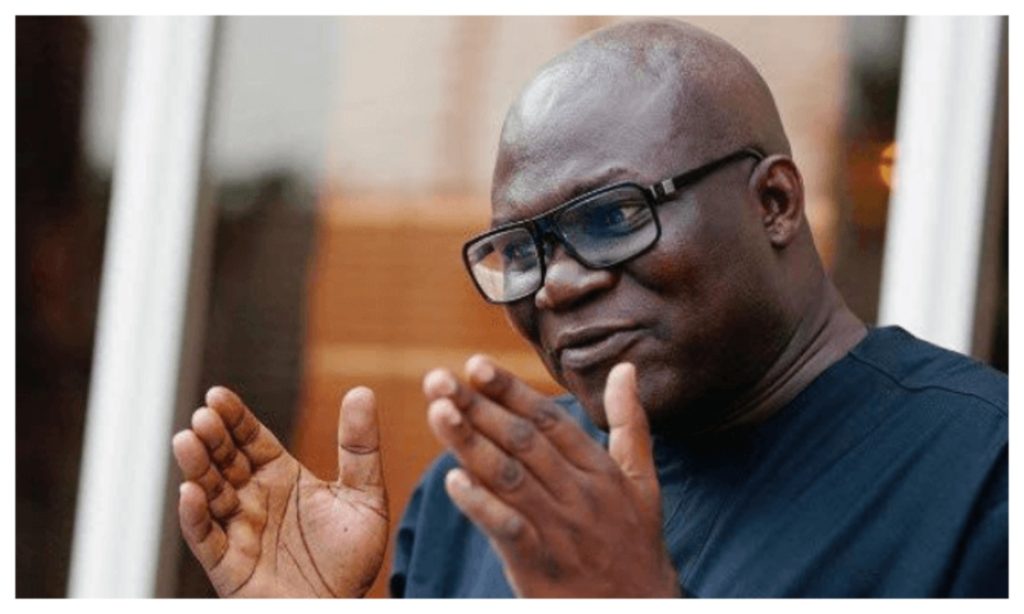Google’s Recent Change Makes Sideloading Android Apps More Tedious
Google’s Android App Bundle (AAB) was introduced at the I/O 2018 event, allowing developers to build apps as bundles for more efficient delivery. This change enabled the Google Play Store to download only the necessary parts of an app during installation, potentially saving storage space. However, this only applied to apps downloaded from the Play Store, with sideloading apps still requiring the installation of fat Android Application Packages (APKs).
Recently, a claim on social media suggests that the process of sideloading may have become more tedious due to recent changes made by Google. According to Artem Russakovskii, the founder of APK hosting platform APKMirror, Google has stopped generating fat APKs for many apps. This means users who want to install APK files will now need to download bundles, which often require an extra step.
To install these bundles, users will need to download third-party tools, such as Split APKs Installer (SAI). Many apps will only be available in a bundle format, requiring users to download these tools before installing the APK on their device.
Google’s AAB was designed to tackle the issue of fat APKs, which carried compatibility for multiple devices. This allowed developers to create a single package file, but it also led to unused content occupying storage space on devices. Google’s AAB solves this problem by only downloading the necessary parts of an app for a particular device, reducing the space occupied by the application.
The change may be inconvenient for some users, but it is an effort by Google to make app delivery more efficient and storage-friendly.



